Scott was born on a farm in Gentilly, a historic section of New Orleans, Louisiana. When he was 7 years old, his family moved to the Lower Ninth Ward. His father was a chauffeur and restaurant cook. Scott said his art training began at home where he learned embroidery from his mother.
After high school, he attended Xavier University of Louisiana in New Orleans and received a Bachelor of Arts degree. He received his Master of Fine Arts degree from Michigan State University in East Lansing, Michigan in 1965 where he studied under painter Charles Pollock. Afterwards, he returned to Xavier where he taught for 40 years. In 1983, Scott received a grant to study under the internationally renown sculptor George Rickey. In 1995, Scott received an honorary Doctor of Humanities from Michigan State University and a Doctor of Humanities from Tulane University in New Orleans in 1997. In 1992, he was awarded the exclusive MacArthur Grant (also known as the "Genius Grant") from the John D. and Catherine T. MacArthur Foundation. He used the money to build a larger studio.
Scott is best known for creating large woodcut prints and for his African-Caribbean-New Orleans-inspired kinetic sculptures. In 2005, he was the subject of a major retrospective exhibit at the New Orleans Museum of Art entitled "Circle Dance: The Art of John T. Scott." Scott was also commissioned to create several pieces that are placed throughout the City of New Orleans. These public works in New Orleans include Spirit Gates at the New Orleans Museum of Art and Spirit House at DeSaix Circle (at St. Bernard and Gentilly Boulevards) in the Seventh Ward and River Spirit at Woldenberg Park along the Mississippi River near the Port of New Orleans.
Scott's work frequently displayed themes related to African-American life, particularly the rich Afro-Caribbean culture and musical heritage of New Orleans. One of the best examples of this style is his sculpture called ''Ocean Song" located in Woldenberg Park (New Orleans). Scott said the rings at the top of the sculpture represented circle dances performed by slaves who frequented Congo Square. He is also known for his use of divergent materials in constructing his art, such as cast bronze, thin brass strips of wire and bent hardwood to create provocative sculptures.
© 2020. All content on this blog is protected by international copyright laws All images are copyrighted © by John T. Scott or assignee. Apart from fair dealing for the purpose of private study, research, criticism or review as permitted under the Copyright Act, the use of any image from this site is prohibited unless prior written permission is obtained. All images used for illustrative purposes only
 |
| Mr. John T. Scott |
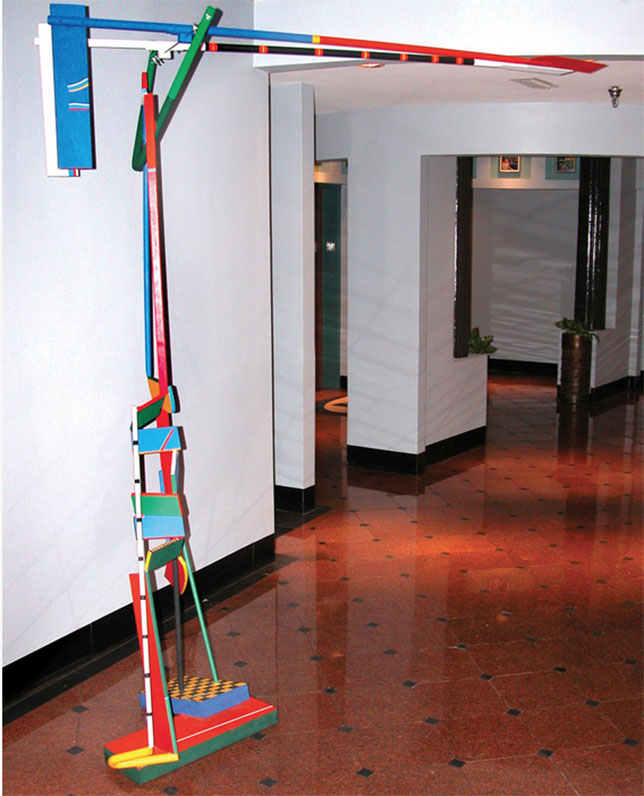 |
| Dance For My Father 1983 |
 |
| Night Lyr for Brother Rey 1984 |
 |
| Window Fan 1985 |
 |
| Off the edge: aint olympus 1993 |
 |
| Off The Edge: Neighborhood Block 1993 |
 |
| Folded Inside Space Running 1995 |
 |
| Ibeji Longhouse 1995 |
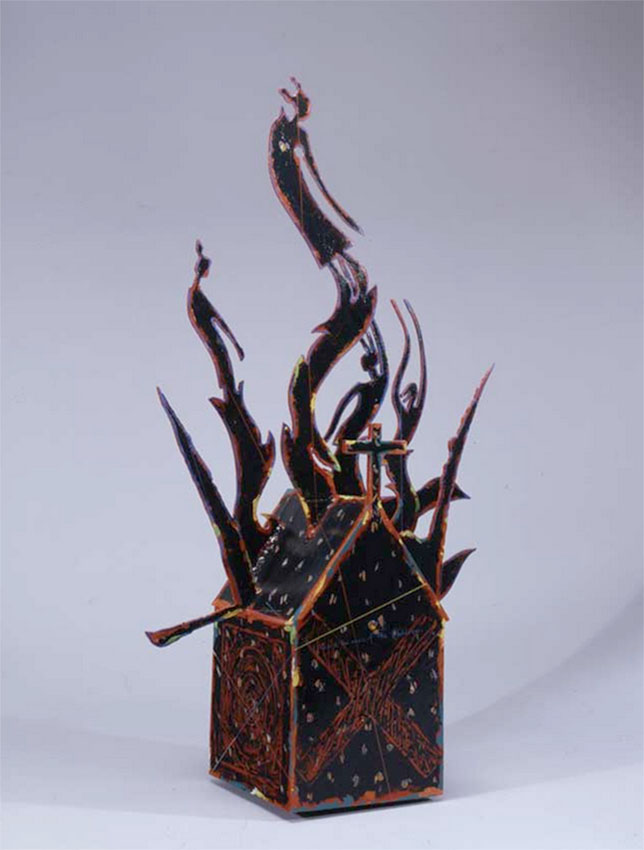 |
| I remember Birmingham #2 1996 |
 |
| I Remember Birmingham 1996 |
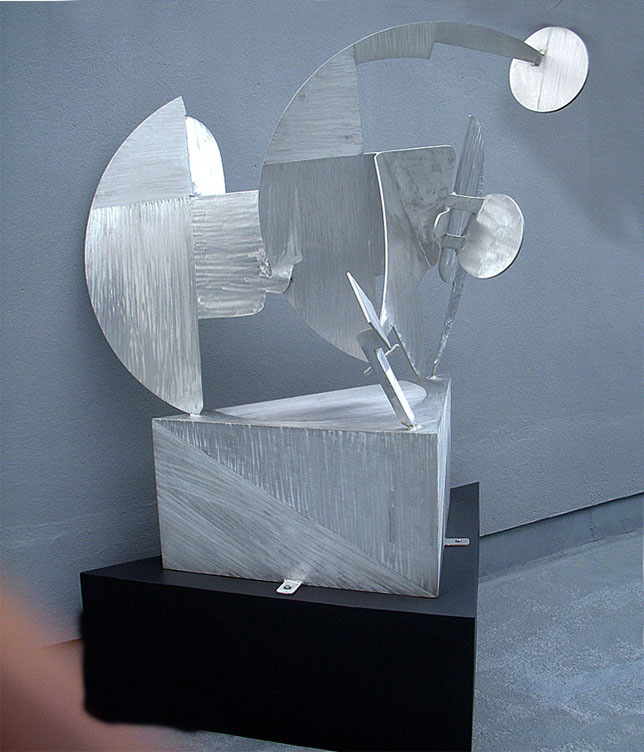 |
| Black Butterfly 1996 |
 |
| I Remember Birmingham #7 1997 |
 |
| The Storm is Coming No. 1 1997 |
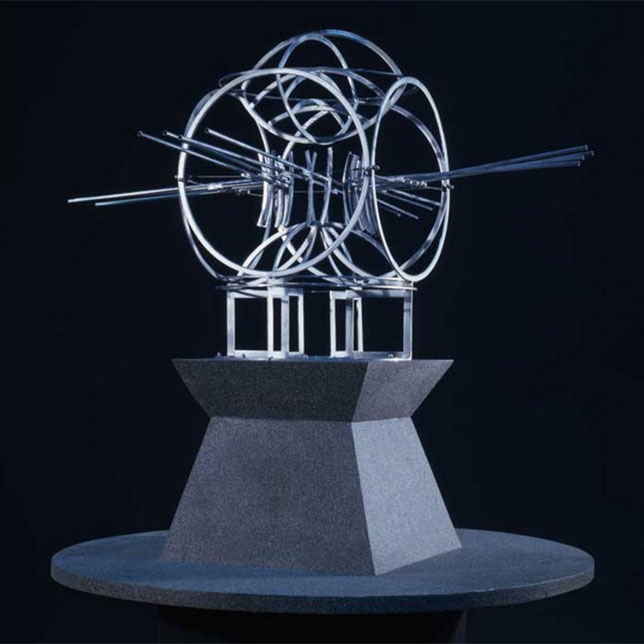 |
| Galileo 1998 |
 |
| Lush Life Series #5 1998 |
 |
| Lush Life Series #6 1998 |
 |
| T1: Thelonius 1998 |
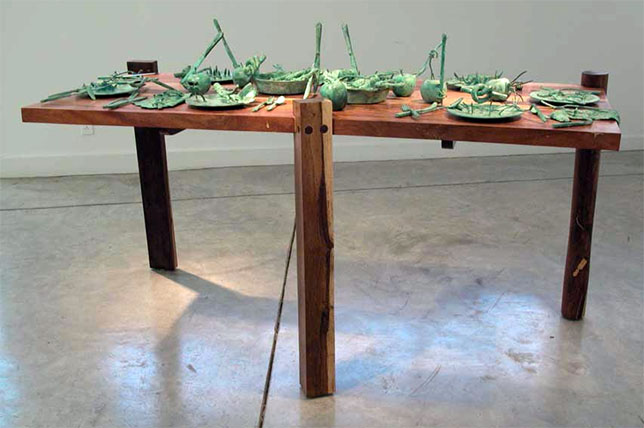 |
| Third World Banquet Table 1998 |
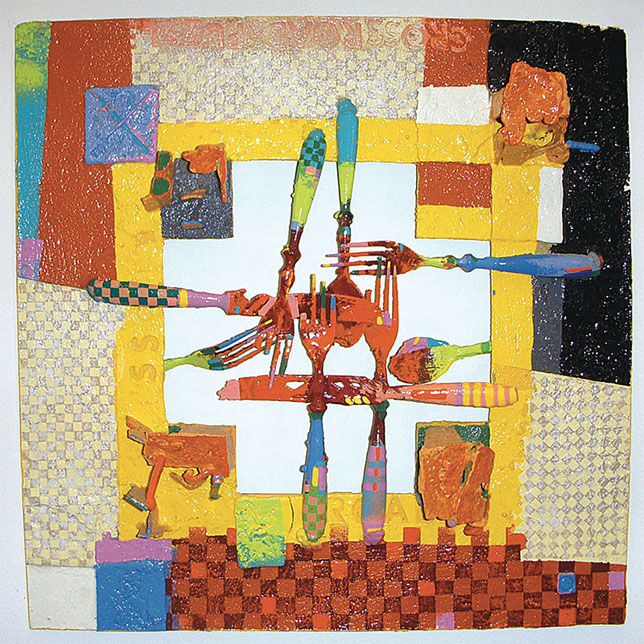 |
| Urban Placemat: Crossroads 1998 |
 |
| Urban Placemat: Granary Door 1998 |
 |
| Urban Placemat: Torn Napkin 1998 |
 |
| Reliquaries #1 2000 |
 |
| Reliquaries #5 2000 |
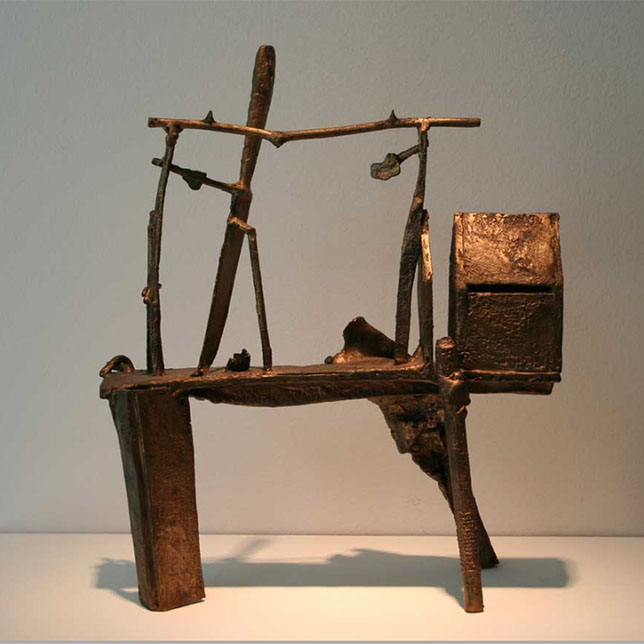 |
| Reliquaries #7 2000 |
 |
| Reliquaries #8 2000 |
 |
| Circle Dance: Blues for Bars for Lady Day 2001 |
 |
| Circle Dance: Brother John is Gone (in Memory of John Biggers) 2001 |
 |
| Circle Dance: Bunk Johnson’s Corner 2001 |
 |
| Circle Dance: Corner Fence Whisper 2001 |
 |
| Circle Dance: Lil’ Bone for T Bone 2001 |
 |
| Circle Dance: Lulu’s Surprise 2001 |
 |
| Circle Dance: Treme Cornice 2001 |
 |
| Circle Dance: Untitled 2001 |
 |
| Circle Dance: Urban Cauldron I 2001 |
 |
| Circle of Dance: Big Sister’s Window 2001 |
 |
| Circle of Dance: For Tommy Mabel 2001 |

No comments:
Post a Comment